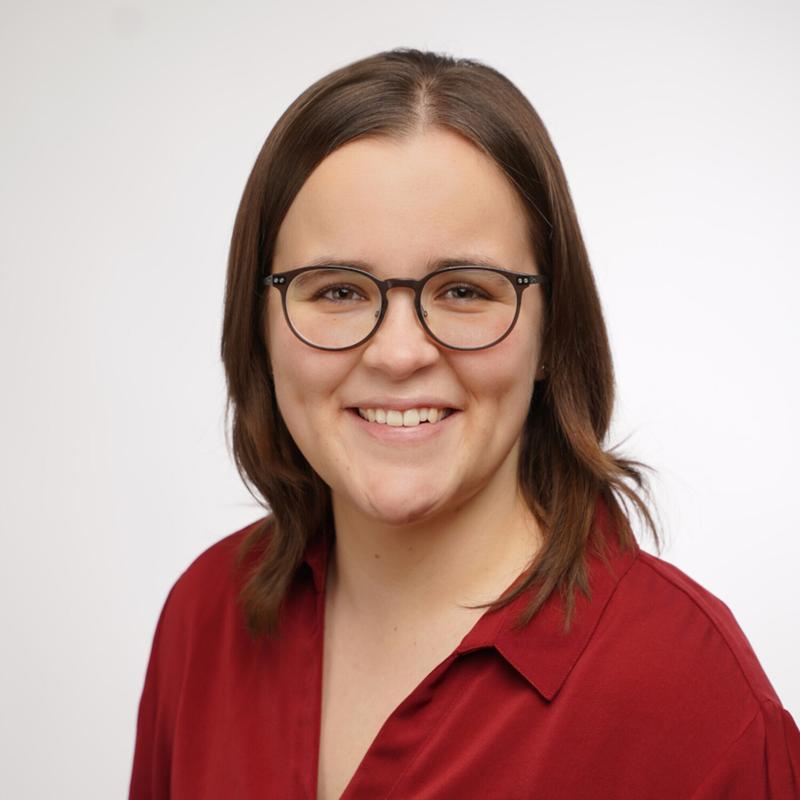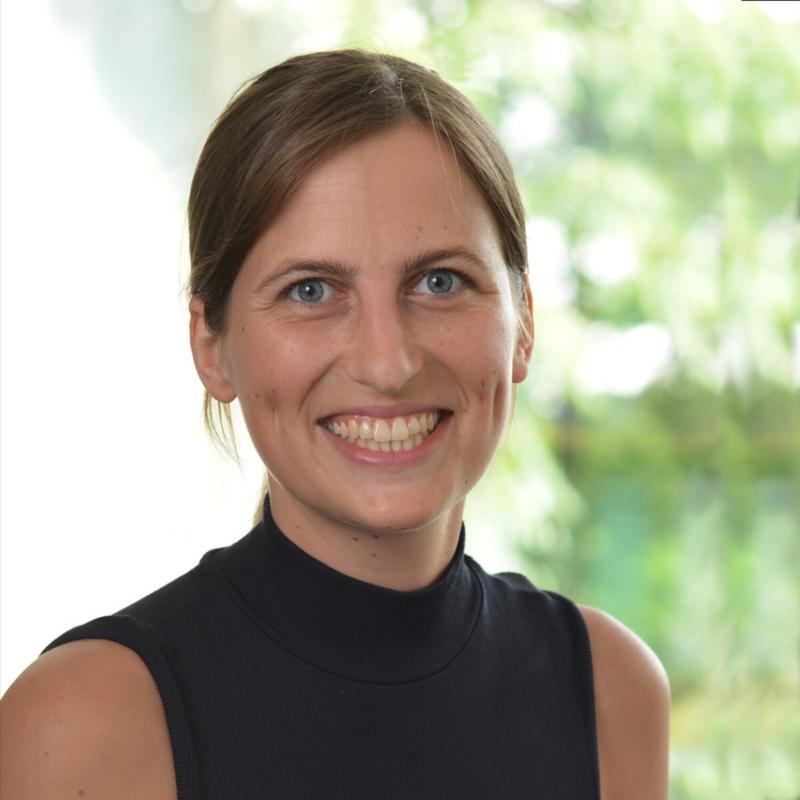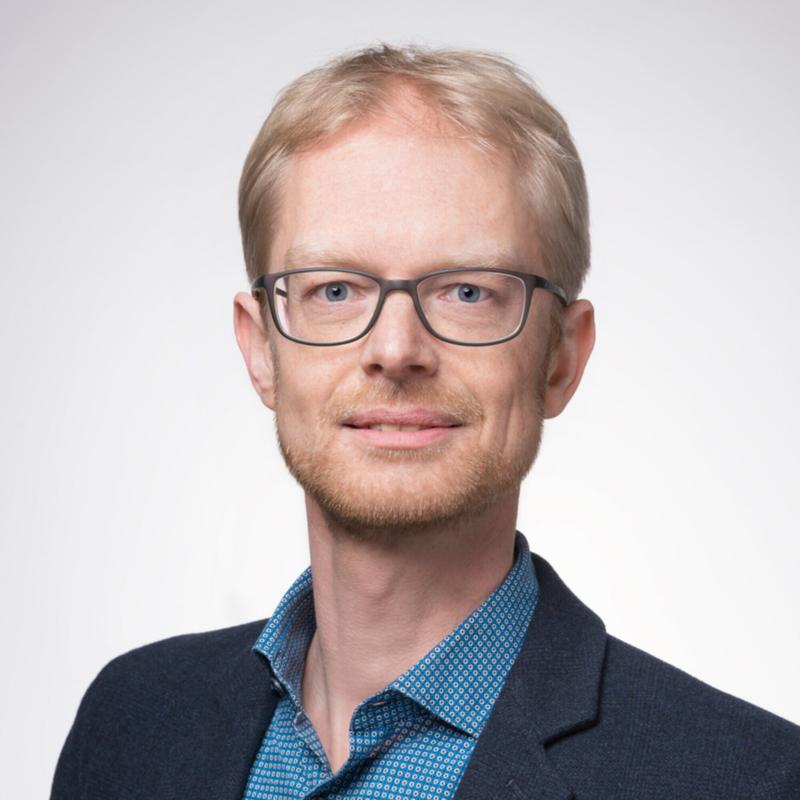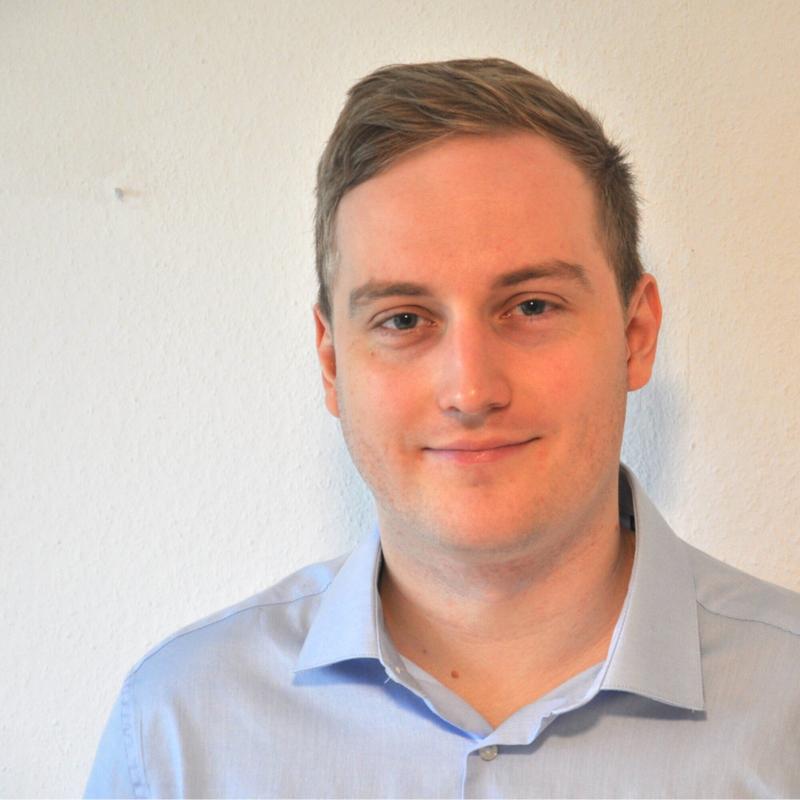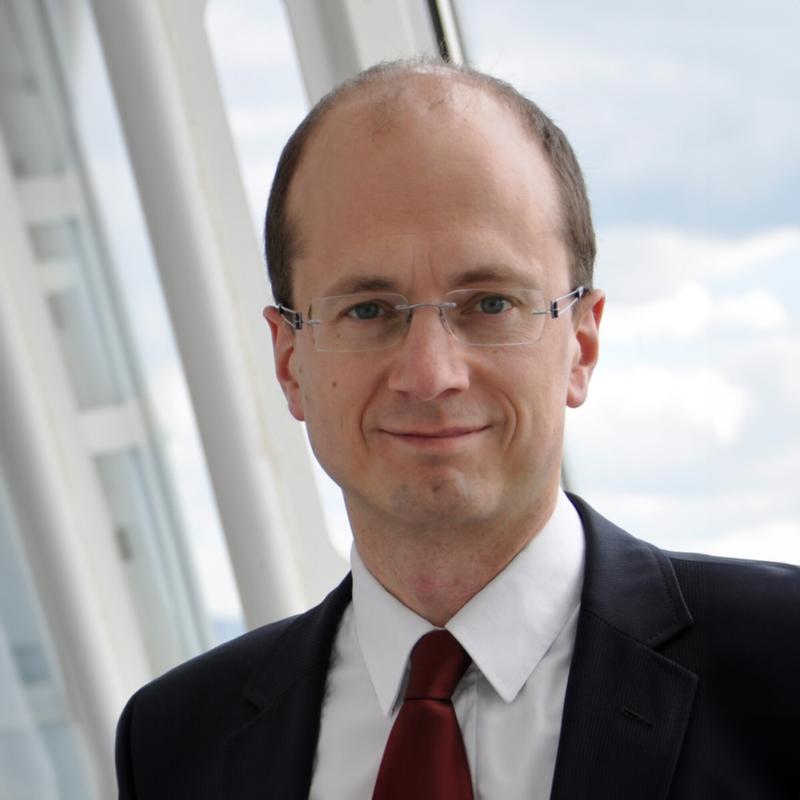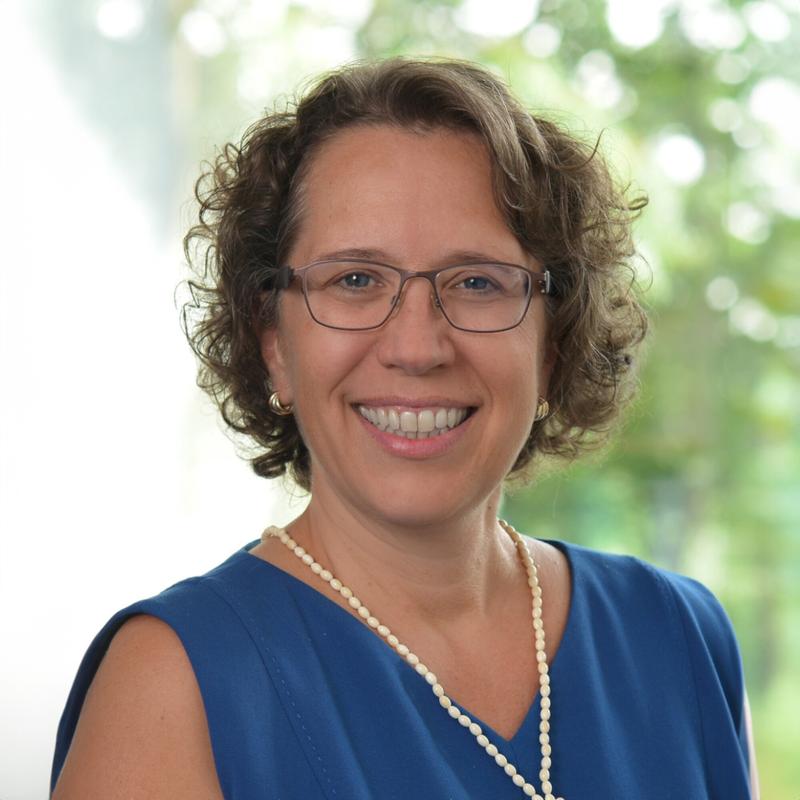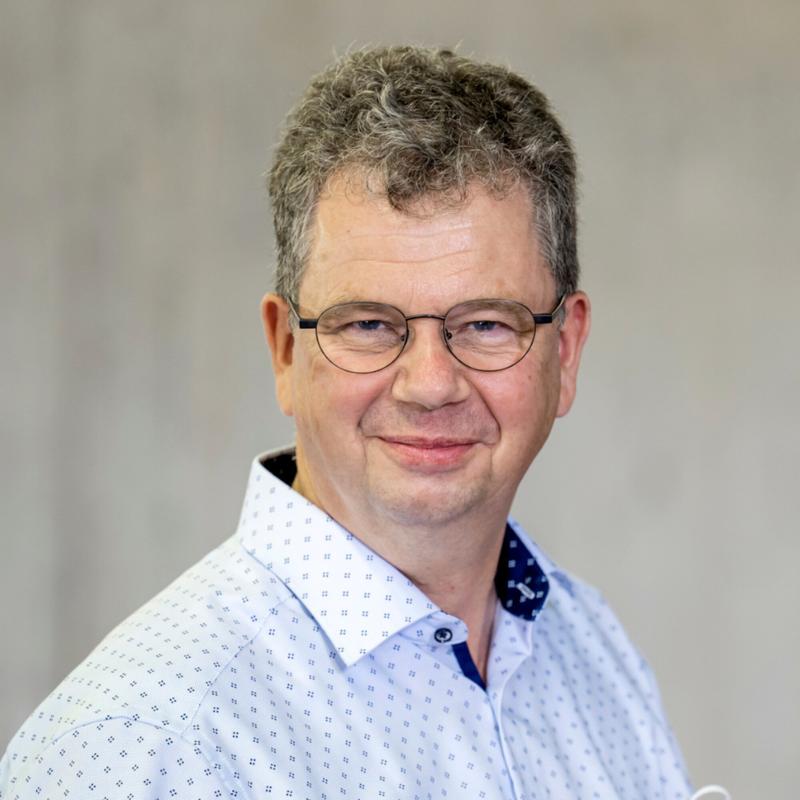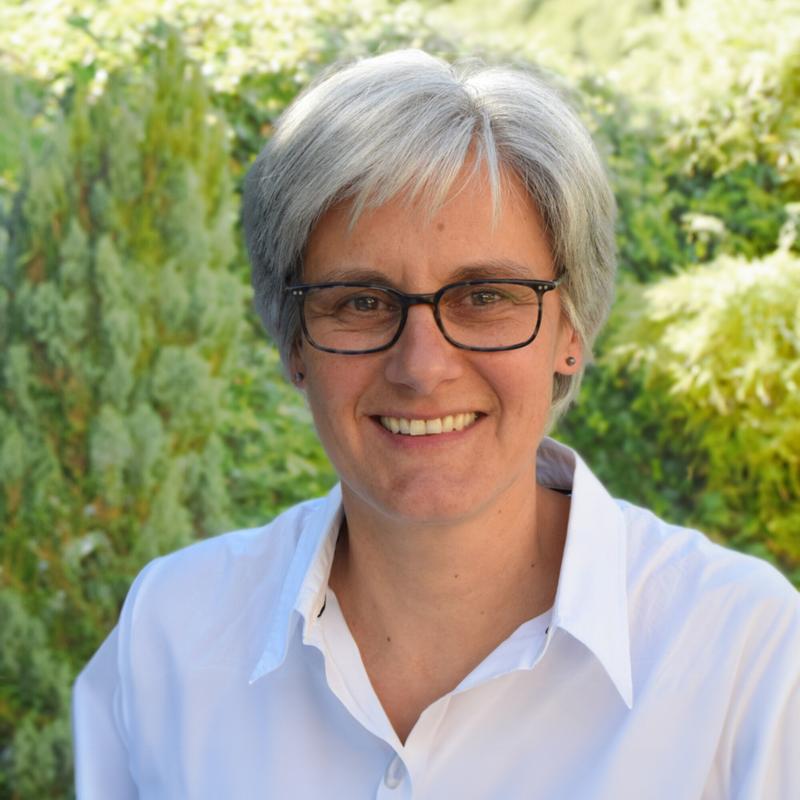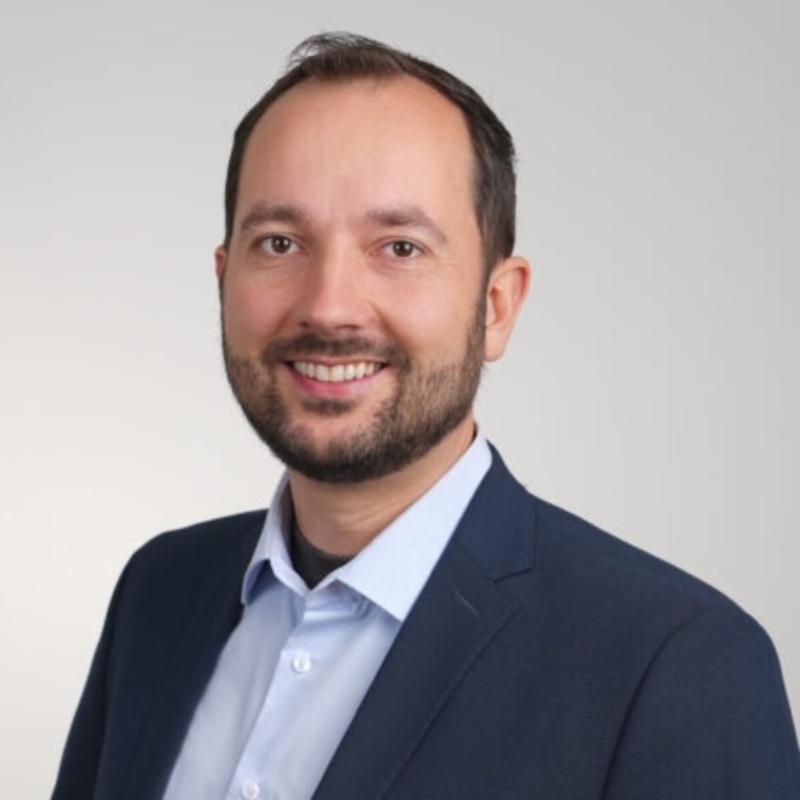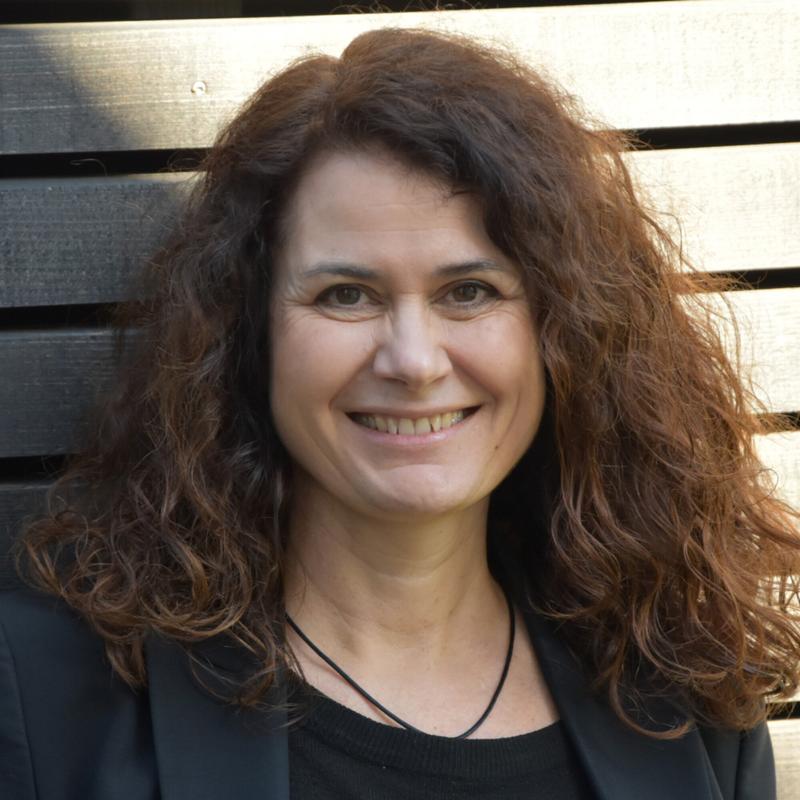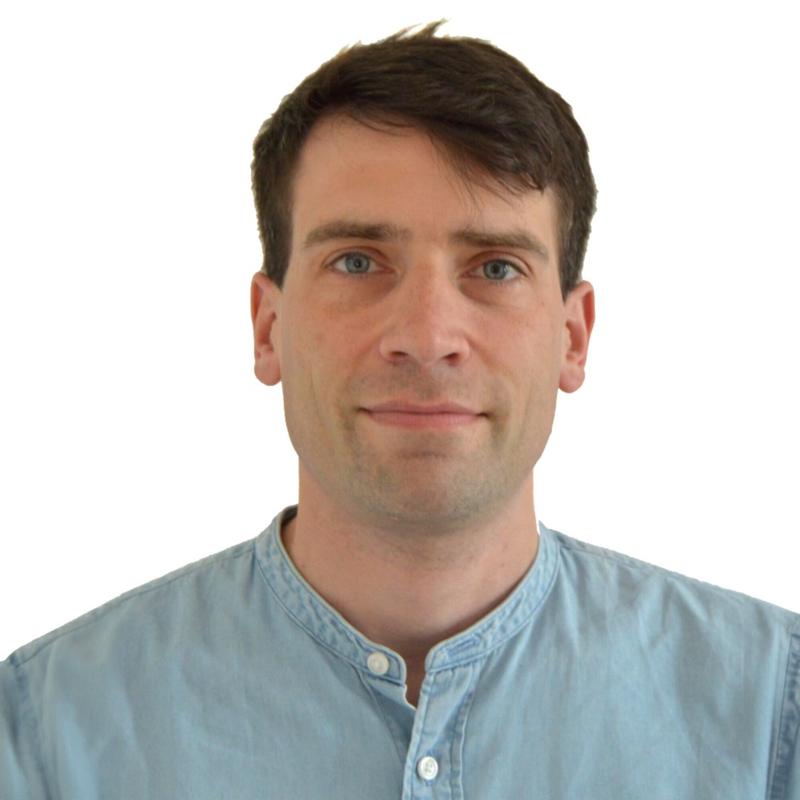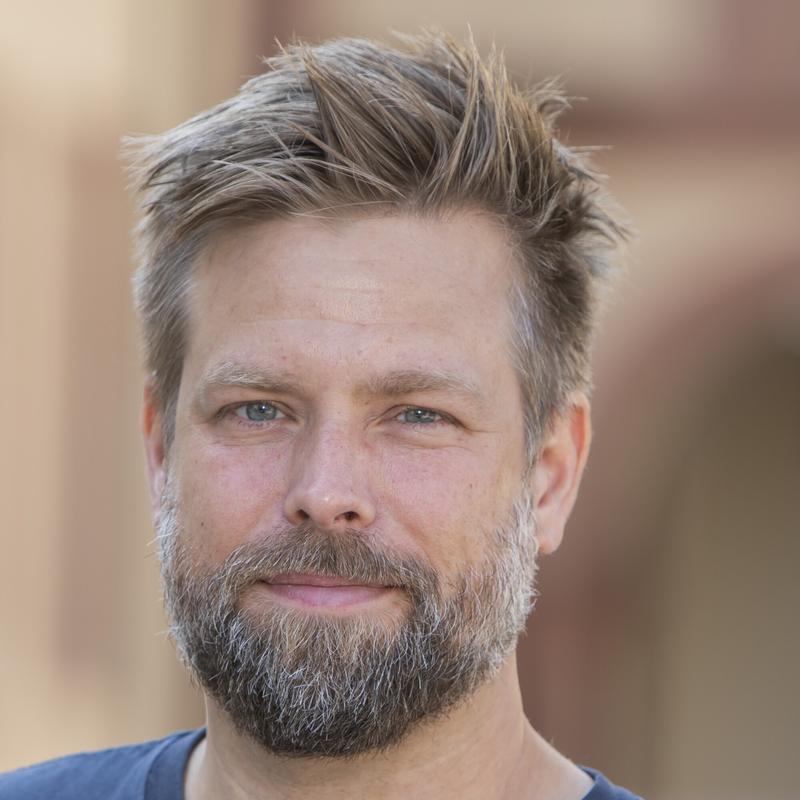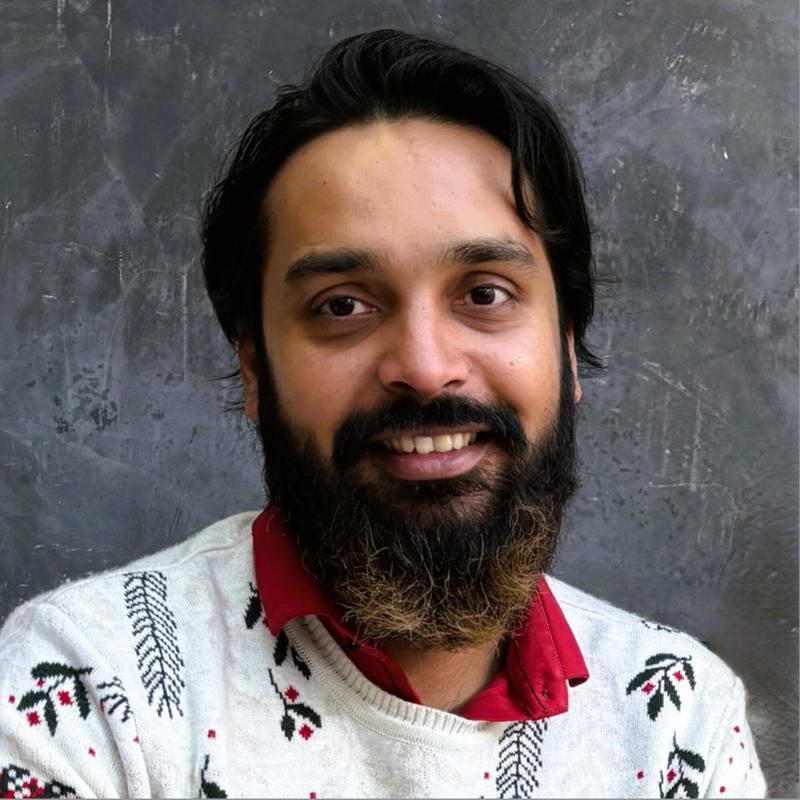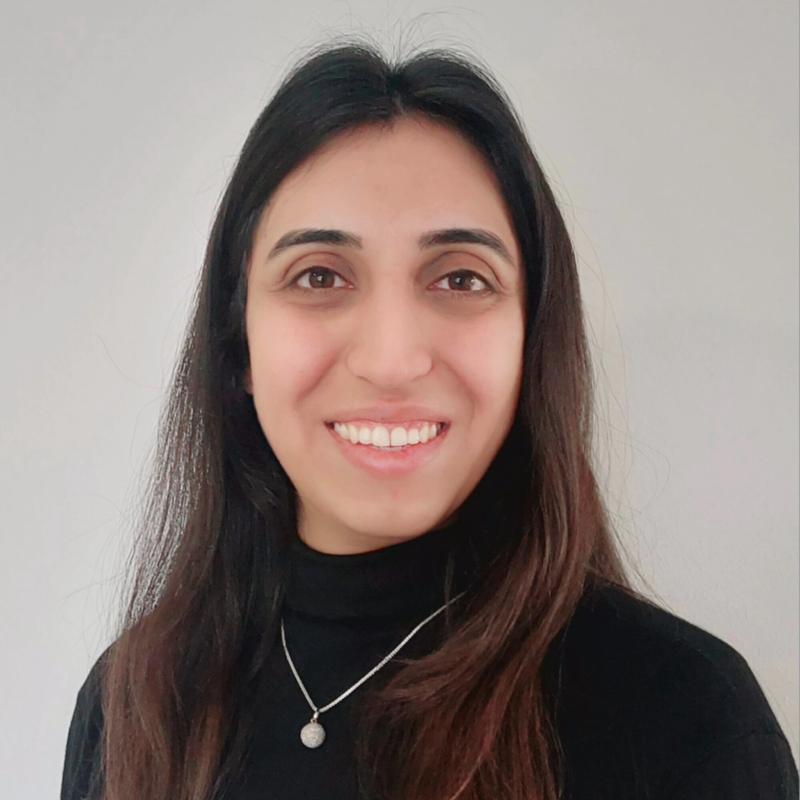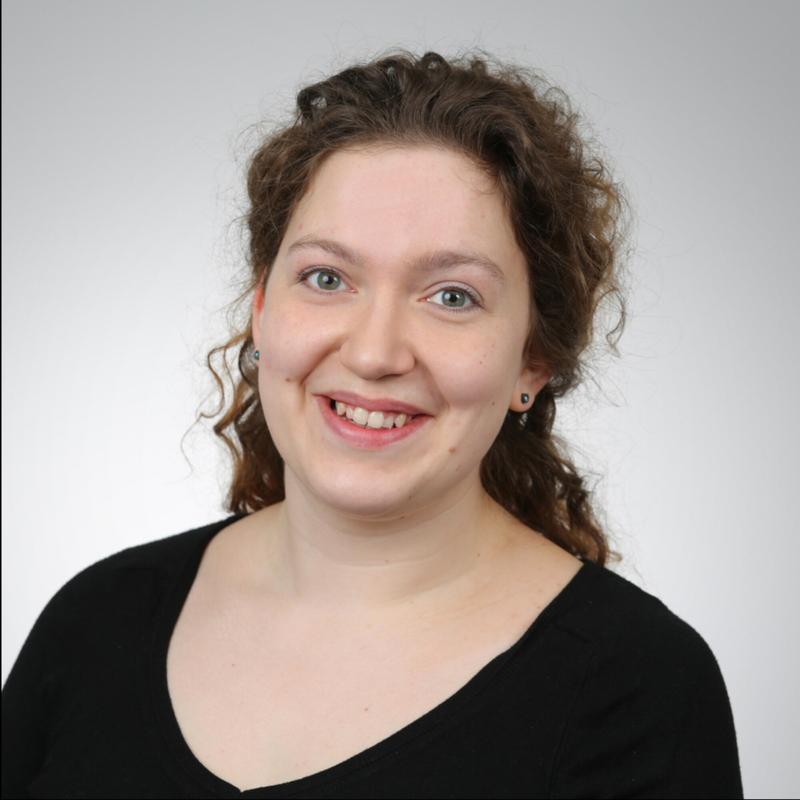City and Society (SG)
Program Area
The program area city and society (SG) covers fundamental historical, political, social, and legal aspects of crises and resilient ICT in digital cities. Researchers focus on governance and effective political measures for disaster preparedness and the reduction of social and spatial inequalities in the digital city. Legal aspects are covered particularly in the context of the design of novel and disaster- resilient technical systems. They further cover a historic perspective on large-scale disasters and the corresponding reactions by the population.
Research Question
How can society best be integrated towards socio-technical solutions that improve ICT resilience of digital cities?
Team
Projects
Resilience Through Information and Experiential Knowledge (SG1)
The project encompasses the evaluation of civil and public social media data in accordance with (data privacy) law, which supports de-escalation, emergency response, assessment of crisis situations and communication of public authorities and organizations with security functions. In addition, this project analyses the transformative potentials of experiential (observed and experienced) knowledge of different actors and aims to identify patterns and formulate lessons for future crisis situations.
Principal Investigators: Jens Ivo Engels Gerrit Hornung
Multidimensional Crisis Governance and Participation (SG2)
The project aims to develop new governance concepts for the effective organization of ICT in crisis situations, involving public and private stakeholders in both horizontal and vertical coordination. The project develops new formats of civic participation that go beyond mere information and consultation and enable citizens to participate in decision-making processes.
Principal Investigators: Michèle Knodt Christian Reuter
Social and Spatial Disparities in the Digital City (SG3)
The project aims to identify social and spatial inequalities in the digital city, to develop appropriate measures to include marginalized groups in the event of a disaster, and to provide fair access to basic services.
Principal Investigators: Annette Rudolph-Cleff Jens Ivo Engels
